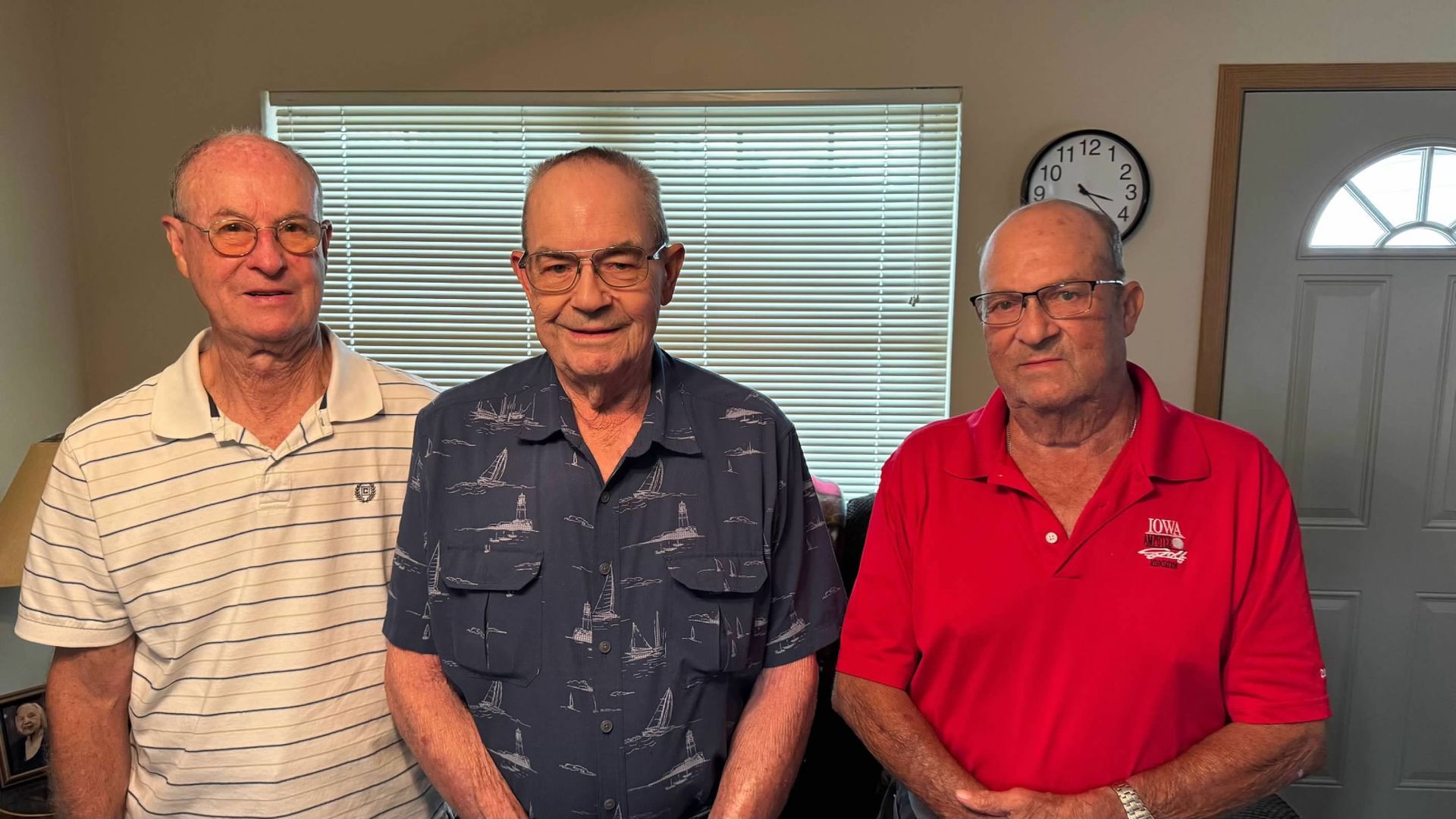Student-Athlete Criticism from a Parent’s Perspective
There was an illegal procedure called on the field, and the inebriated commentator seated a couple rows behind me was quick with her analysis. “Whenever there’s an illegal procedure called, it’s almost always the center’s fault.” It wasn’t the first time she shared her commentary with the entire section, but this one got my attention because my son was the center, starting his first home game on national television as a redshirt freshman.
I’ve been thinking about that moment lately, as we near the start of the college football season, a time of year when fans across the nation lose their minds over a game played by young men just a few years removed from getting their driver’s licenses. Now, before the first snap, everyone loves the players on their team. Once the games start, however, some of those same players become idiots, worthless, losers and much worse, when profanities are included.
While I can appreciate the passion of fans, I’m really bothered when that passion devolves into derision, especially since I had an inside view into what goes on behind the scenes with college football players. Playing college football, especially at the highest level, is a full-time job for these guys, and when you factor in school, it’s much more. That’s when everything is going well. Injuries, relationship problems, being homesick – any number of things – can make things even more difficult.
The physical challenges are obvious, but most critics are completely unaware or oblivious of the mental challenges facing athletes. I saw that recently, when a star player for the big team in my state left the team, saying he just wasn’t into football any longer. Some fans on the message boards I frequent opined about the player’s toughness, stamina and ambition. To them, the player’s self-awareness was subjugated to their desire to see him on the field entertaining them. Such thinking relegates student-athletes to gladiators, and that’s just wrong.
The quarterback my son played with in college, a redshirt freshman getting his first starts with my son, received vile message from “fans,” after losing that first home game to a nationally ranking Washington State team led by the late coach Mike Leach. This quarterback had taken over for Josh Allen, who became an All-Pro with the Buffalo Bills, and these “fans” were upset that he wasn’t playing at that level. To express their anger, they sent him messages not only criticizing his performance, but also suggesting that he kill himself. Imagine being a nineteen-year-old, already upset with the loss, receiving messages like that.
Fortunately, most fans are rational and keep their negative comments to themselves. Unfortunately, they are often overshadowed by the crude behavior of others. Most of us have heard it often enough that we’re numb to it or perhaps we’re forgiving because we’ve muttered some of that negativity ourselves. I did, before I was able to see things from a parent’s perspective.
Now, when I hear negative comments about any athlete, I try to counter the criticism with perspective and to humanize the subject of the criticism. If you haven’t played at that level and you don’t know the athlete personally, how could you ever appreciate what they’re going through? Even more, how would you feel if someone said that about your son?
Football is in the past for my son and our family. Like most college athletes, his career didn’t culminate at the professional level. Instead, he’s out in the real world, trying to make his mark as a family man and a professional. That’s where most of the athletes we so harshly criticize go, while their critics carry on their antics. Though I wanted to, I didn’t try to correct my son’s critic that afternoon in the stands. Instead, I try to do that with myself and the people I know, and I hope others do the same, until it’s no longer socially acceptable.

